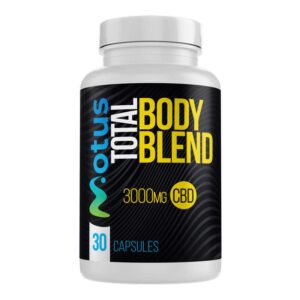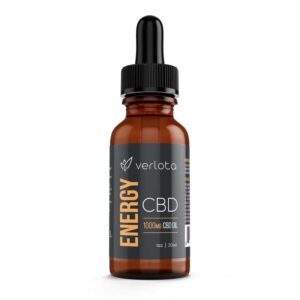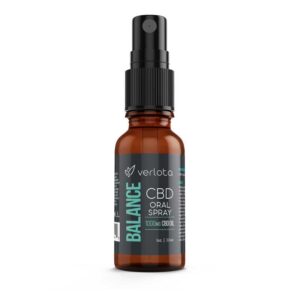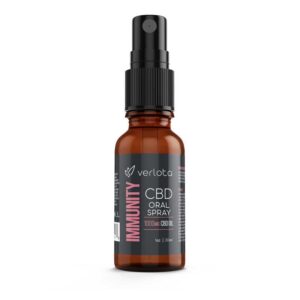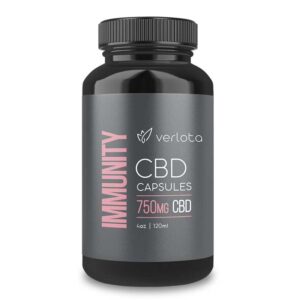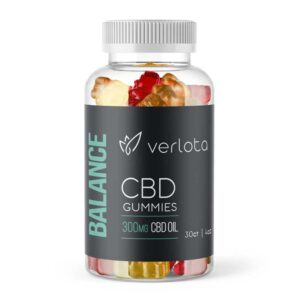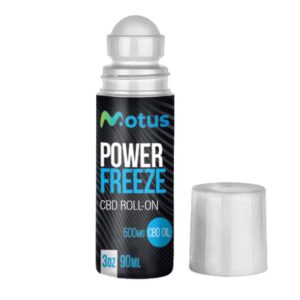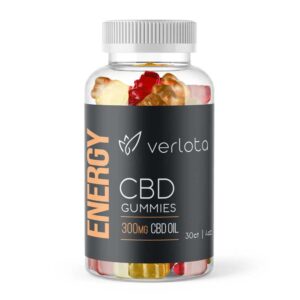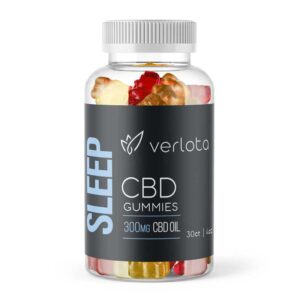Like some of its nearby proponent States (Arkansas, West Virginia), Ohio was originally dismissive of the Federal Government’s decision to remove Hemp from the Restricted Substances list. The US – particularly the Mid-West & Southern States – have not been favorable to the progress of legal cannabis, be it for recreational OR medical use. One of the major reasons Hemp was approved in the December Farm Bill was because unlike its cousin, cannabis, Hemp has a very low average THC profile (<0.3% Tetrahydrocannabinol is the legal limit for approved Hemp products). Added to this reduced risk of the psychoactive effects of THC, Hemp is known as a significant source of CBD – Cannabidiol. Unlike THC, Cannabidiol does not cause a “high”, but it does have many potential health benefits.
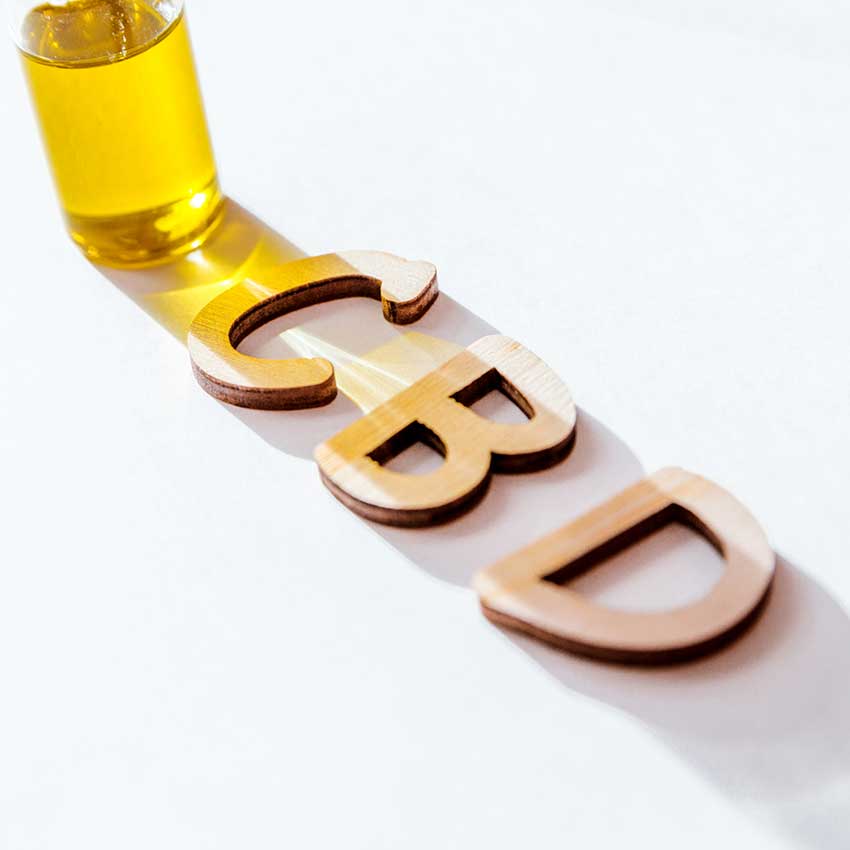
While progressive States like Colorado, Washington, California and many others have continued to flourish, some of the more “conservative & traditional” States like Ohio have decided to wait this one out on the sidelines of progress. Much to the chagrin of a growing group of pro-CBD Ohioans, the Ohio Legislature upheld its ban of CBD products, regardless if its was sourced from Hemp or cannabis.
That was, until July 30th of 2019 when Gov. Mike DeWine presented the State’s intentions to lift the hard ban and institute regulations on par with the Federal Gov’t Farm Bill.
When asked about why they made this unexpected (but welcome) about-face-turn, State Representative Kyle Koehler was quoted as saying: “It is imperative that Ohio moves quickly, so that our farmers can take advantage of a domestic hemp marketplace, and catch up with our neighboring States“. No mention of Ohioans’ right to access natural, plant-based treatment options like CBD… but we’ll take what we can get. Whether a State’s hang-ups are related to socio-political concerns, legal roadblocks, cultural inhibitions or economical considerations, progress is progress.
This development is not only significant for the State of Ohio, but the Federal push for Hemp’s prominence as well. Ohio was one of the most influential States not on board with legal, Hemp CBD. With their decision to walk-back on their ban of this potentially life-changing natural remedy, other States might start to reconsider their reservations about Hemp. Since Ohio has taken the all-important first steps of a ‘Collectively Beneficial Direction’, let’s take a look at how the country is trending in terms of Hemp/CBD policies.
Hemp, cannabis and marijuana have been classified as “bad words” for the past few decades and it wasn’t until recently that lawmakers have begun to ease up on the restrictions put in place. Even though laws within specific states are beginning to come around on hemp, which offers no psychoactive properties and works in a plethora of applications, there are still some that are holding strong to the push for legal hemp and CBD across the United States. The truth is, hemp has been on a long road of understanding, followed by false facts and misinformation.
Now – after years of scientific research and breakthroughs – it seems to finally be becoming more accepted by healthcare professionals and lawmakers alike. It is the goal of this article to better help you understand the journey that has brought hemp to where it is today, the struggles it has endured throughout that journey, and where we will see it head next.
The History of Legalization
Before we can understand hemp, cannabis and the legalization of CBD in the United States, we have to understand the origins of the hemp plant and how it interacted with the cultures of our pasts. While CBD was only recently discovered in this century, 1940, it has been used in holistic medicines and agriculture for thousands of years. In fact, the hemp industry is one of the oldest industries on Earth. It dates back more than 10,000 years to the first days of using pottery. Funny enough, hemp was considered legal and essential for use until 1937 – 3 years before CBD was discovered – when the United States congress passed the Marihuana Tax Act that kicked off the prohibition of hemp and any hemp derived products.
Hemp is an incredibly versatile plant that has been used, and continues to be used, for dozens of applications throughout time. The fact that hemp is used for so many different purposes makes it even more baffling as to why it was ever made illegal in the first place. The Marihuana Tax Act of 1937 was a big kick to the American agriculture economy due to the fact that so many farmers specialized in the plant and it applied to so many different uses. Putting a stop to the hemp industry didn’t just attack the heart of hemp and cannabis, but textiles, clothing, shoes, food, paper, bioplastics, insulation, biofuel and more were all affected by this legislation. Once these laws were passed and took effect, so began the decades of anti-marihuana propaganda and “wars on drugs” that spanned into modern times.

The fight against the agricultural hemp industry didn’t last long, however. Only a few years as hemp became an integral part of the second world war. During World War II the USDA created a film called “Hemp for Victory” that showcased the versatility of the hemp plant and encouraged more USA farmers to grow crops in order to supply soldiers with an abundance of necessities during the war. Due to its simplicity to grow and low costs, it made hemp a perfect weapon for the allies during the war. However, that victory was only short lived as legislation moved back in on the hemp plant once the war ended in 1945. From there, numerous papers, studies and reports were done to bring focus to the many uses of the hemp plant, but it wasn’t until very recently, 2014, that hemp became legal once again for agricultural purposes. Putting to an end the 77-year prohibition and beginning a new era of understanding and use for this wonderful, naturally occurring plant.
From there, the understanding of CBD has only continued to grow as more research is constantly being done on hemp and CBD, as well as the interactions that CBD has with our already naturally existing endocannabinoid system. The most recent “win” for CBD happened in 2018 when legislation passed “The Farm Bill”. This updated legislation ensured that any cannabinoid that is derived from hemp would be legal to grow and cultivate for commercial use.
Where is CBD Oil Legal?
While The Farm Bill has made it legal for American farmers to grow and cultivate hemp for commercial use, there are still some states that have pushed back against the law. In the United States, federal law blankets all 50 American states, however it is possible that individual states can set their own legislation on the matter. As of April 2020, only 17 out of 50 states have made CBD completely legal for medicinal and recreational purposes. These states include Alabama, Georgia, Indiana, Iowa, Kansas, Kentucky, Mississippi, North Carolina, Oklahoma, South Carolina, South Dakota, Tennessee, Texas, Utah, Virginia, Wisconsin and Wyoming. While this is a win for CBD, it still provides challenges for certain states to get CBD shipped to them. Due to laws and regulations, some states will not allow CBD to enter or exit their state, meaning that – in some cases – a longer route will be needed to ship product, due to the fact that the shipping company must bypass the more regulated states.
Why CBD Should Be Legal Everywhere
Approaching this question from a completely biased point of view, CBD should be legal everywhere because it poses ZERO risk to public health, safety or rise in addiction. CBD is a completely natural extract that has been scientifically proven to benefit those who take it. It’s legally mandated 0.03% THC content means that CBD contains none of the psychoactive properties of marihuana and offers no intoxicating effects. For arguments purposes, CBD is roughly as dangerous to public and personal health as a vial of patchouli oil.
The mountains of evidence supporting why CBD should be legal is staggering. The recent research done on the body’s endocannabinoid system – a series of receptors that exist in every mammal and vertebrate on the planet – provides us with more insight into how this substance is an integral part of human health and homeostasis. For more information about CBD, how it works and the endocannabinoid system click here.
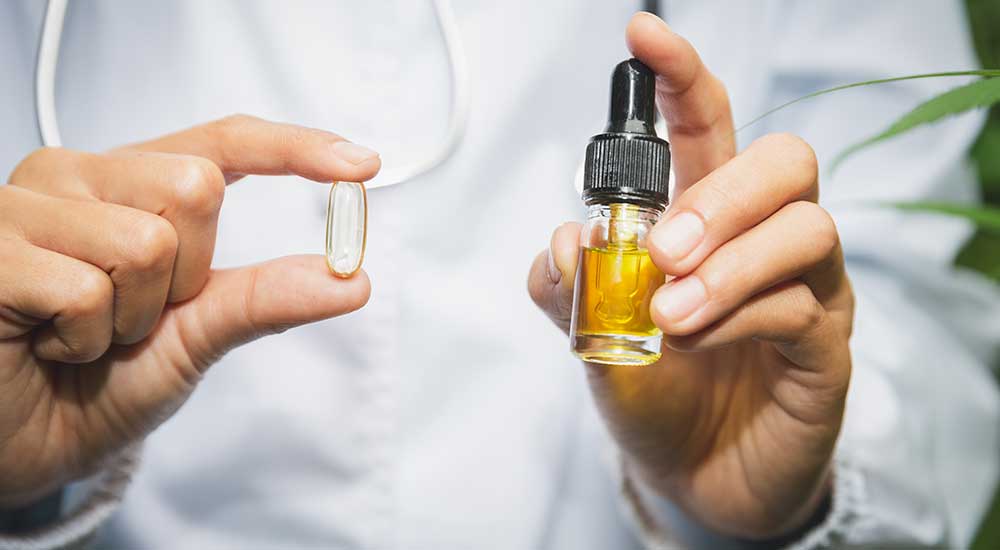
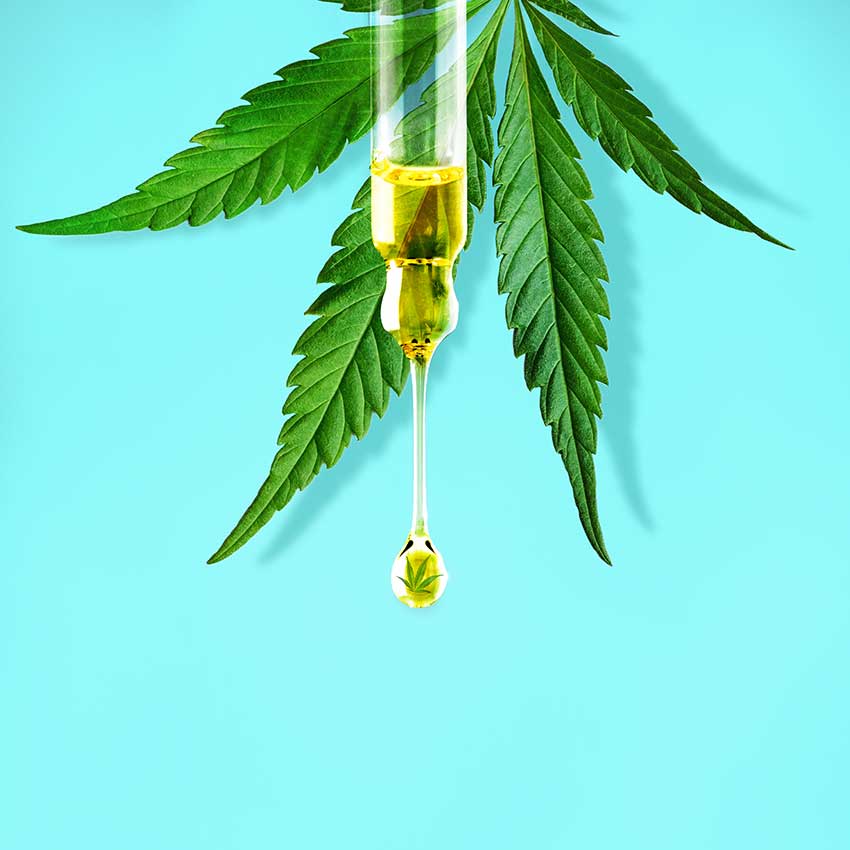
Conclusion
Hemp and CBD have been around for longer than modern society and will continue to be a part of nature for long after we are gone. The discoveries of hemp are staggering and the applications continue to grow with every passing year and study done on this wonderful plant. There exists on earth no equal to the number of applications that the hemp plant can assist in. With the world seeking cleaner, more renewable and efficient forms of energy, it’s not out of the realm of possibilities that hemp will be at the forefront of those discoveries. The only way we can continue to discover the applications and use of hemp and CBD oils in our everyday lives is to continue the research that has been ongoing since CBD was discovered in 1940 and hemp began being used over 10,000 years ago.

